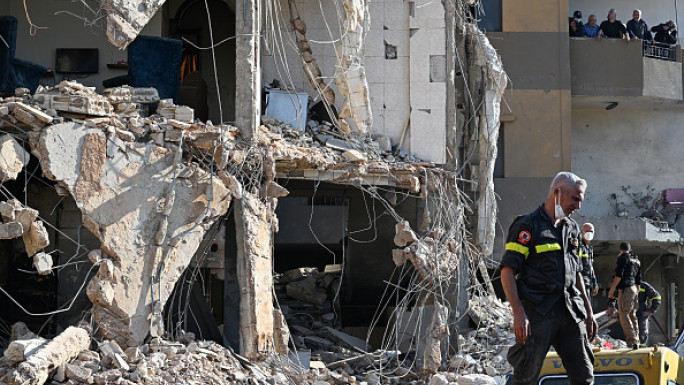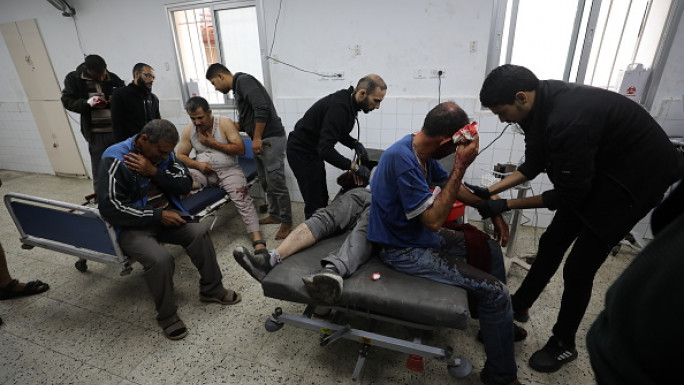Iran teen’s ‘horrific’ murder by husband sparks new calls for protection of women and girls
Human rights groups have urged Iran to do more to protect women and girls from gender-based violence after a man reportedly beheaded his teenage wife in the southwestern city of Ahvaz.
Mona Heidari, 17, was killed Saturday by her husband who suspected she had committed adultery, the Iranian ISNA news agency reported. His brother assisted him in the murder, the report said.
Police have arrested both men in connection with the murder, state news agency IRNA reported.
Heidari's murder has reignited concern for women and girls in Iran, who are granted little protection by the law.
"Women and girls in Iran face domestic violence on a widespread basis, and the Iranian authorities have consistently failed in their obligations to protect [their] human rights," Nassim Papayianni, Senior Campaigner for the Middle East and North Africa at Amnesty International, told The New Arab.
"Authorities have yet to adopt specific legislation criminalising gender-based violence against women and girls, including domestic violence, marital rape, and early and forced marriage," Papayianni said.
Under article 630 of Iran's Islamic Penal Code, men who assault their wives who have committed adultery should not be punished.
Iranian authorities "endorse the commission of violence" and grant impunity to perpetrators through such laws, Papayianni said. He called on the international community to put pressure on the country to end the impunity.
UN Special Rapporteur on the situation of human rights in Iran Javaid Rehman asked in March last year for the state to repeal all legislation that exonerates so-called honour killings.
Heidari's case prompted Iran's vice president for women's affairs, Ensieh Khazali, to urge parliament to take "urgent measures" to prevent such cases in the future, AFP reported.
"The incident is simply horrific beyond words... it is long overdue to Iranian authorities to take on the much-needed legislative reforms to address discriminatory laws and gaps in protection for women against violence," Human Rights Watch Iran Researcher Tara Sepehri Far told The New Arab.
"Legislative reform is a sufficient but necessary step to end femicide in Iran but a lot more also needs to be done at the local level and through education and support for those who are at risk of domestic violence," Far added.





 Follow the Middle East's top stories in English at The New Arab on Google News
Follow the Middle East's top stories in English at The New Arab on Google News

![President Pezeshkian has denounced Israel's attacks on Lebanon [Getty]](/sites/default/files/styles/image_330x185/public/2173482924.jpeg?h=a5f2f23a&itok=S2wzLy-W)
